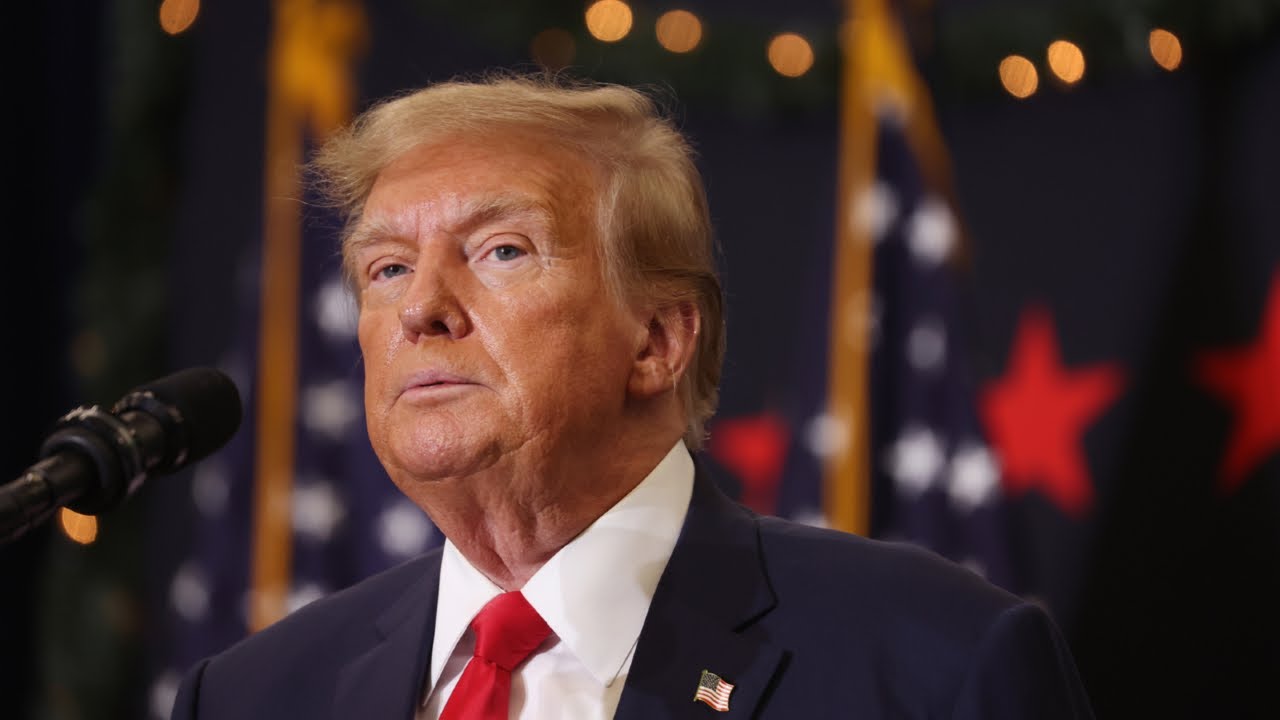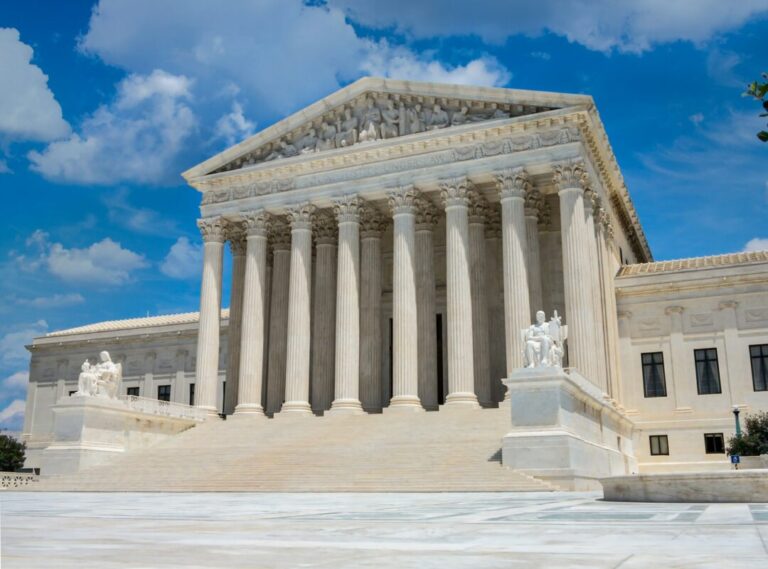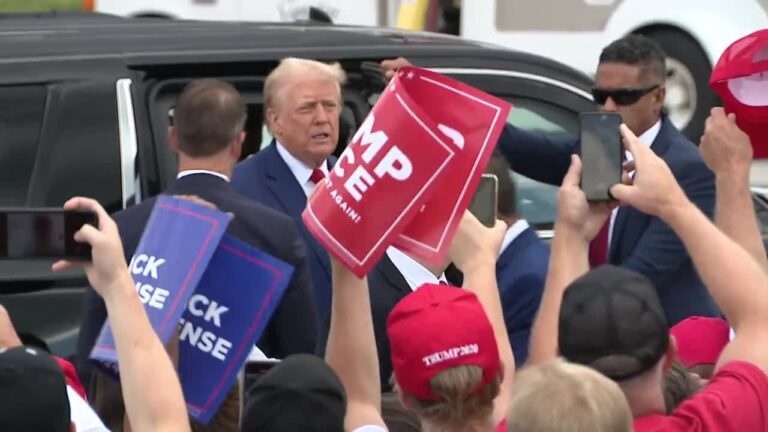President Trump has stirred the political waters once again by choosing to forgo intelligence briefings as the Republican nominee for president. This decision has sparked discussions about the traditional role of such briefings and the broader implications of his refusal.
Trump has publicly stated his reasons for rejecting the briefings, citing concerns about potential leaks and the risk of being blamed for them. “I don’t want them,” Trump explained, emphasizing that the receipt of these briefings could lead to accusations of him being the source of any subsequent leaks. This stance is part of Trump’s broader narrative of distrust towards the U.S. intelligence community, a relationship that has been fraught with tension since his first presidential campaign.
https://twitter.com/DavidBozell/status/1826657738975584382
The practice of providing intelligence briefings to presidential nominees dates back to the 1950s, initiated by President Harry Truman. These briefings are designed to prepare candidates for the potential responsibilities of office, ensuring a smoother transition should they be elected. Trump’s refusal to engage in this tradition marks a significant departure from protocol, raising questions about the readiness and transparency of candidates in the lead-up to an election.
Compounding this issue is the backdrop of Trump’s historically strained relationship with U.S. intelligence agencies. During his presidency, Trump frequently clashed with agencies such as the FBI, accusing them of bias and misconduct. Notably, his allegations that the FBI spied on his 2016 campaign have kept the relationship tumultuous. This tension was further exacerbated by the 2022 FBI raid on his Mar-a-Lago estate, aimed at retrieving classified documents.
Joe Biden has also played a role in this ongoing saga, having previously banned Trump from receiving intelligence briefings—a courtesy typically extended to former presidents. Biden justified this decision by pointing to what he termed Trump’s “erratic behavior,” suggesting a lack of trust in Trump’s handling of sensitive information.
Trump’s decision not to partake in intelligence briefings can be seen through multiple lenses. From his perspective, it is a strategic move to avoid being ensnared in controversies that could arise from leaks. However, critics argue that it may reflect a broader unwillingness to engage with the intelligence community, potentially undermining the informed decision-making expected of a presidential nominee.
As Trump continues his campaign, this choice remains a point of contention and discussion, highlighting the complexities of his relationship with the intelligence sector and the broader political landscape. Whether this decision will impact his campaign positively or negatively remains an open question, but it certainly underscores the unique and unconventional approach Trump brings to American politics.




Leave a Comment